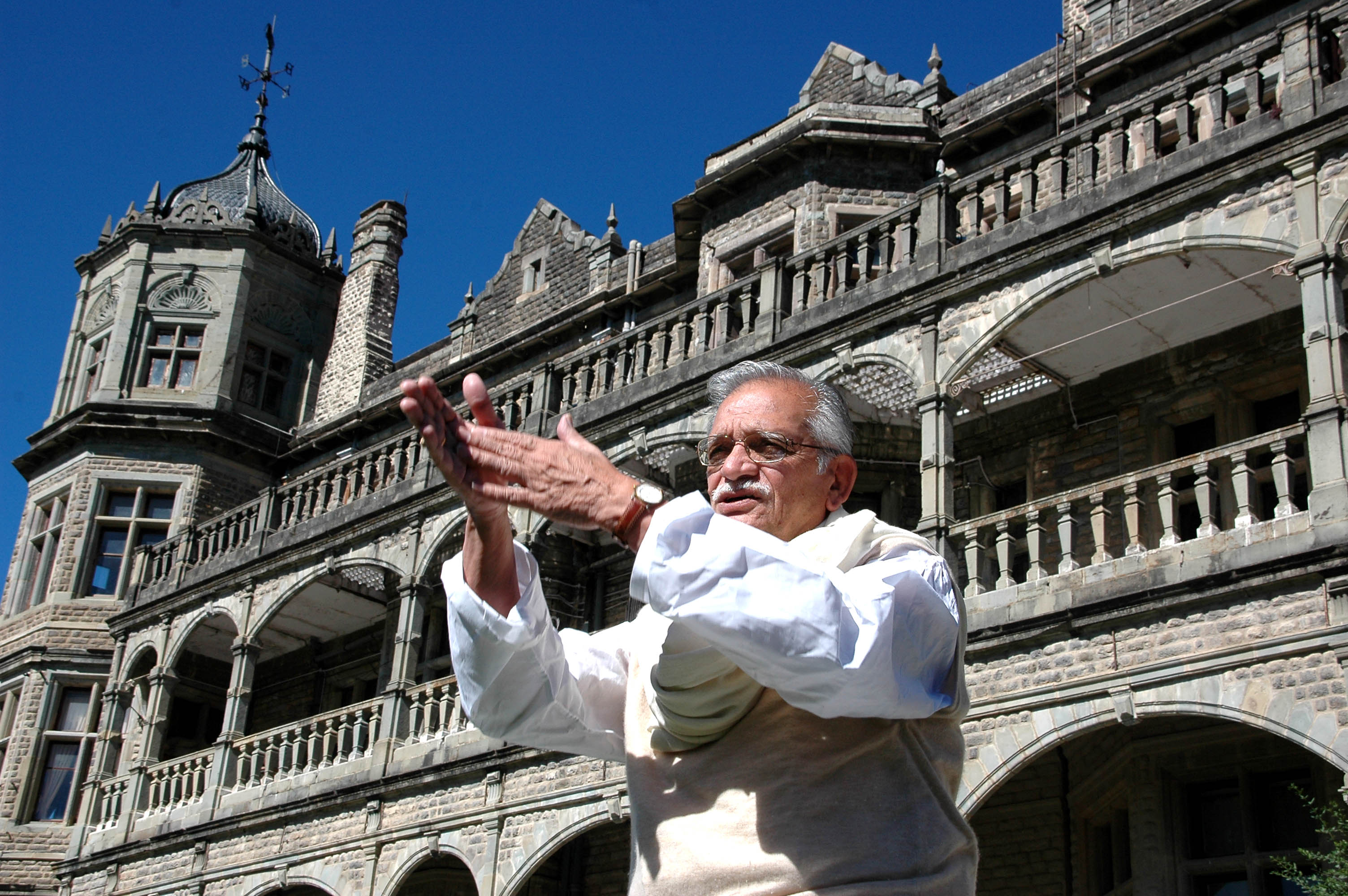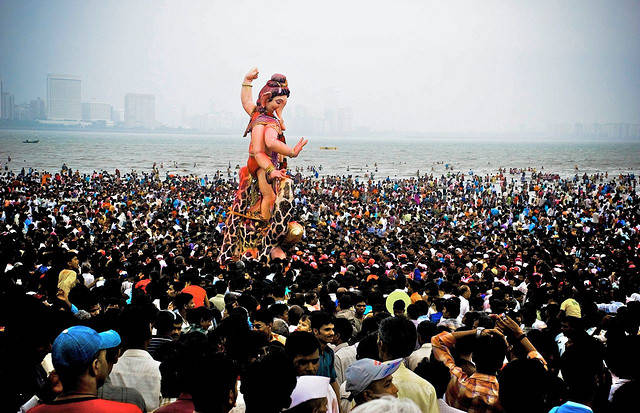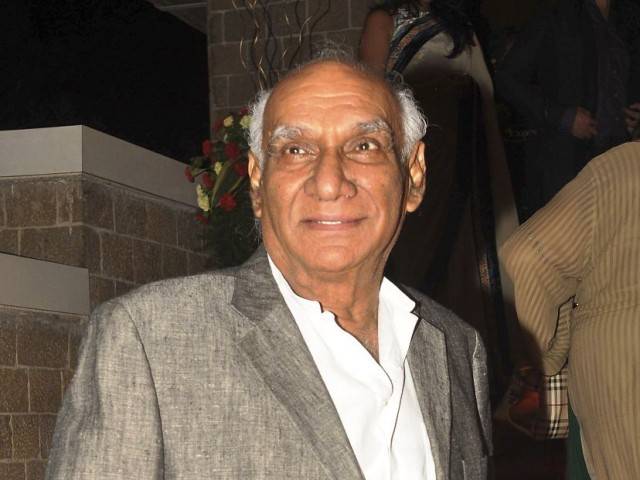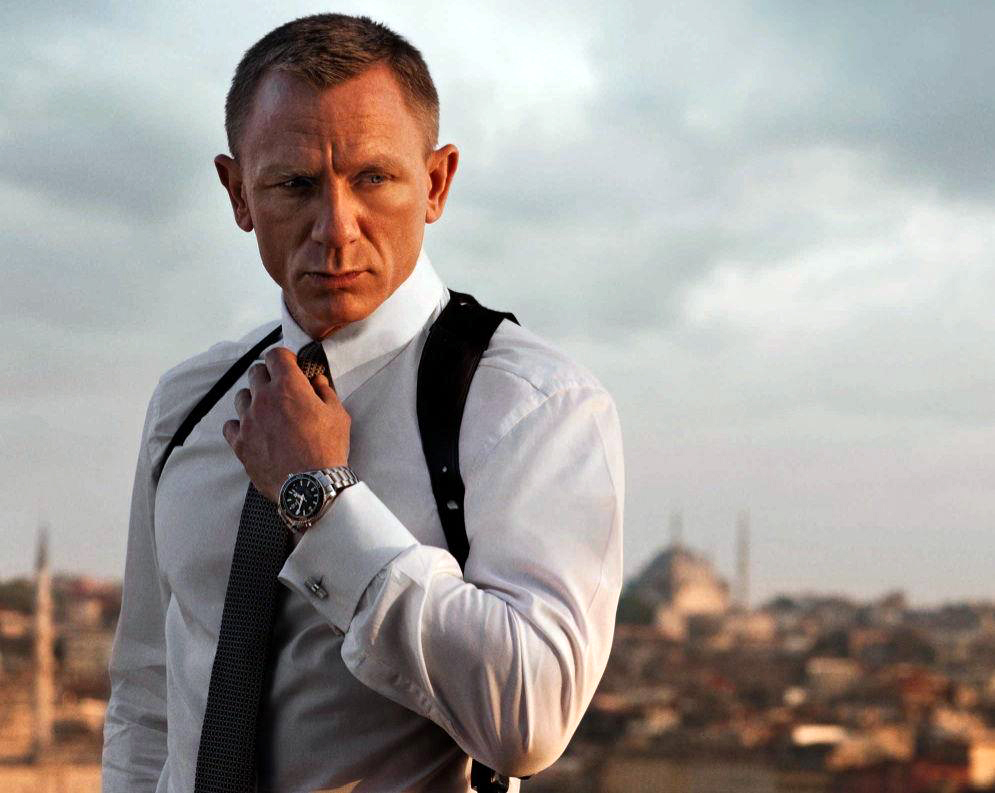Jatin Sharma ponders on the frailty of modern-day relationships, and says that love is the heart’s responsibility, not the mind’s.
“I am constantly in love, it’s only that my lover changes,” said Lord Byron, a poet, who was criticised constantly for his conduct in public, and termed as a Casanova in the 19th century. He was considered as a stigma on the British literary society for his flirtatious behaviour.
Who knew that come the 21st century, and most of us will find Lord Byron in us. The more you look around, the more you will see that people are happy changing their relationships like they change their clothes. And that’s because the heart has been replaced by the mind.
I remember the old movies and I’d fall in love with the love playing out on the screen because it was so pure. Two individuals liked each other and could do anything to be with each other. It was an unspoken love – touching the girl’s hand was an achievement for the boy, their kiss would be depicted by a bee sitting on a flower, flashes of lightning always made them draw closer, albeit accidentally. They wanted to be with each other, but they always exercised caution. That was a time when love was constant and no lover changed. Lovers died or lovers sacrificed, but love never died.
These days, love dies a natural death every day like the beggar on the street who has not been fed for days. Love has become the last priority in a relationship. Lovers are chosen with ‘fastest fingers first’ being played. And now the smarter we have become, we have also segregated love into several categories: Rebound Love, Time pass Love, Lovable for two months Love, Lovable till I stay in Mumbai Love, Love who I love because he/she is loved by others, Love that is not love but Chalta Hai Love.
‘Chalta hai’ is killing love. We are so confused and so lonely nowadays that we would like things to be chalta hai. We don’t love our lovers, we actually appoint them. Whether she is good looking, whether she dresses well, whether she is considered hot by my friends, whether she is rich, whether she is ‘happening’ – all these questions and more eclipse our very own decision to fall in love.
Plus chalta hai has made that simple kiss a simpler one. We now have such things as a ‘friendly smooch’, a ‘one-day smooch’, a ‘drunk smooch’, and others.
So it is safe to say that relationships are not a big deal anymore. We are so conveniently adding so many words to the dictionary of love, that finding the real meaning is becoming difficult in this book.
Also, we live in an age of ample options. And this realisation of ample options has just made us indecisive and egoistic. We can’t adjust nowadays. We fight and we leave each other. Earlier , if a TV didn’t work properly, people would call someone to repair it, now they just replace it. And we are just reflecting our times and not repairing our relationships, because we feel there are lot of options available. But in the midst of all the options, we forget that for once, we will have to make a choice, rather than rejoicing about all the options we still have. For once we would need to think of ‘us’ and not I. The moment we fall in love and think ‘us’, it’s sorted.
For once, we all need to understand that rather than falling in love, we have to rise in love. Not think so much about it, feel by our heart and not our mind. Because if it’s a heart’s KRA (Key Responsibility Area) to like or not like someone; your mind will make the wrong decisions most of the time.
Jatin Sharma, 26, works in the media and says he doesn’t want to grow up, because if he grows up, he will become like everybody else.





